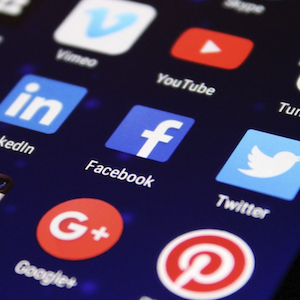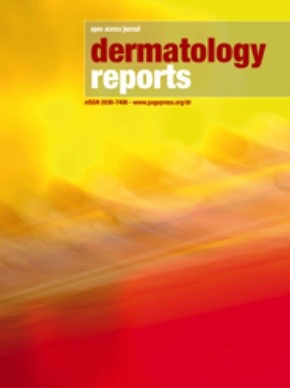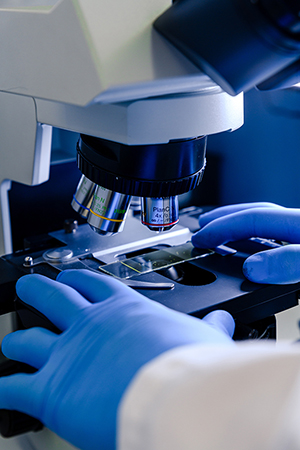The influence of social media on patients’ perception of aesthetic treatment outcome: satisfaction with tattoo removal, a model

All claims expressed in this article are solely those of the authors and do not necessarily represent those of their affiliated organizations, or those of the publisher, the editors and the reviewers. Any product that may be evaluated in this article or claim that may be made by its manufacturer is not guaranteed or endorsed by the publisher.
Authors
Objective. The patients’ degree of satisfaction with tattoo removal is variable and does not always correspond to clinical objectivity. As we have noticed an increasing role of social media in influencing patients, this study evaluates how much they can affect satisfaction with picosecond laser (PSL) tattoo removal. Materials and Methods. Twenty-seven patients were treated with PSL for the removal of professional black tattoos. Two groups of patients were identified: those already being treated in our institute or referred by other physicians (Group 1) and those who came after a search on social media (Group 2). Clinical improvement was evaluated 8 weeks after the final laser session and patients’ satisfaction was assessed. Results. Clinical results were homogeneous in both groups, but patients reported worse subjective Global Aesthetic Improvement Scale than those reported by clinicians, especially in Group 2 (P=0.035), while Group 1 was globally more satisfied (P<0.001). Conclusions. The role of social media in influencing patients’ perceptions and expectations can affect their degree of satisfaction. The explanation before treatments is fundamental to clarify what can really be expected from laser sources, especially for those influenced by social media.
How to Cite

This work is licensed under a Creative Commons Attribution-NonCommercial 4.0 International License.








